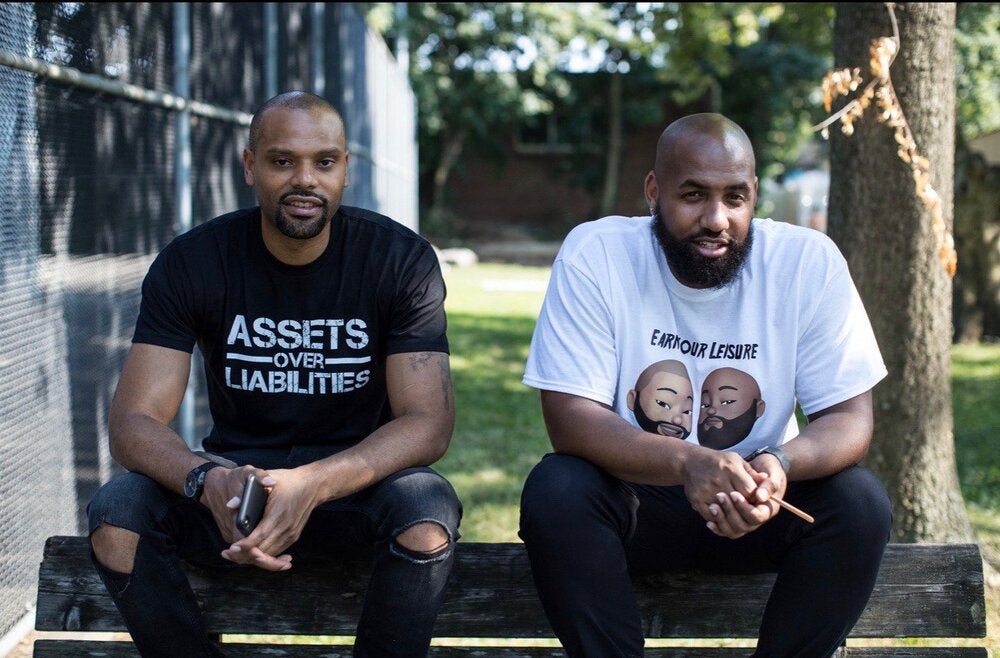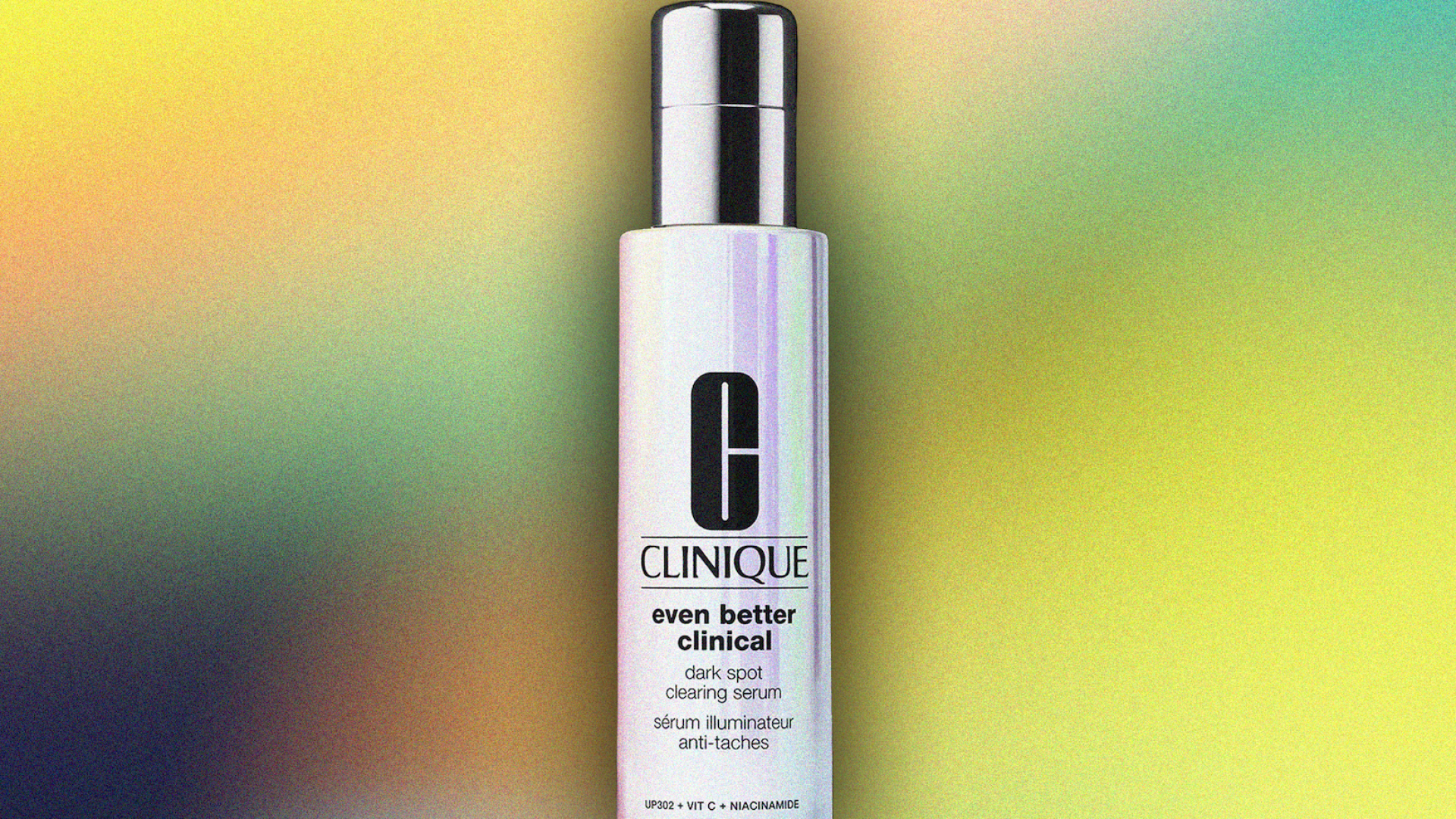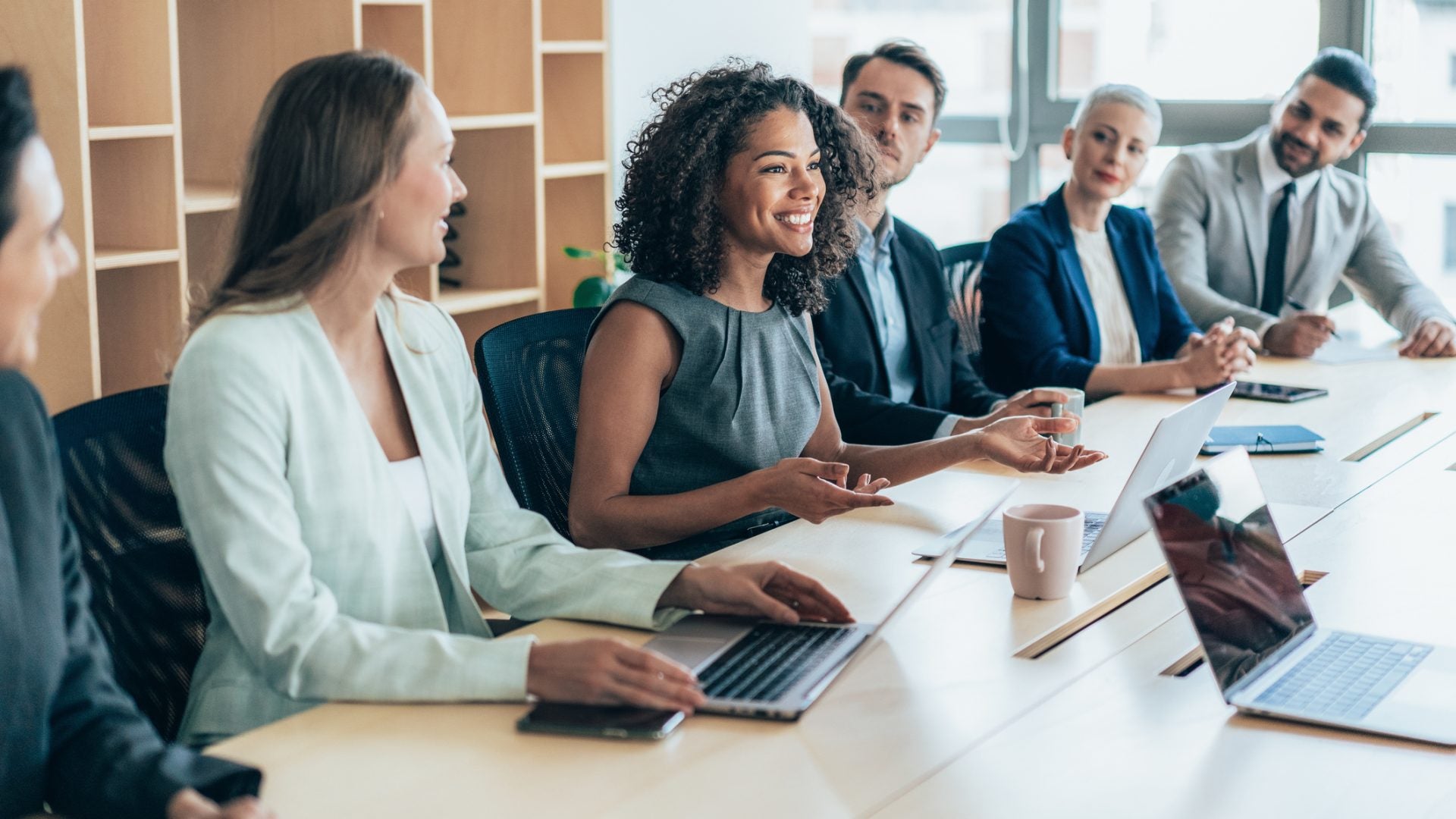
They’ve managed to get some of the world’s biggest stars like Mark Cuban, Dame Dasha, Rick Ross, YG and countless others to share their secrets to financial success. The formula? Being themselves.
As the hosts of wildly popular podcast ‘Earn Your Leisure’ longtime friends Rashad Bilal, financial advisor and Troy Millings, educator, have earned the reputation of transforming complicated financial topics into digestible enjoyable conversations, often humanized by some of their celebrity guests who offer an added layer of candor to the show. But the show’s structure didn’t start out that way.
“We just have real conversations because we’re authentic people,” Millings said, formerly a Bronx elementary school physical education teacher who after realizing the lack of financial education available to the students, infused his lesson plans with money basics.
“The original episodes were all about us talking about business, finance and entertainment backstories.” He shared that the turning point was when they interviewed Derek Ferguson in 2019, a former Bad Boy executive who has worked closely with Sean Combs for decades.
“He kind of just pulled back the layers of how he was hand-selected by Sean Combs to be the CFO of Bad Boy Entertainment, how he runs his business, all the hardships that he’s had, what he’s facing and how he manages his life,” Millings told Essence. “And after that episode, we kind of quickly were like, wait, this is the new format. This is it. Nobody is doing this. He’s actually given a blueprint of how to start a business.”
In the latest season of their second podcast show, “Assets Over Liabilities” presented by Revolt, it follows the daily lives of enterprising artists to get an inside look at the business and finance side of
operations. Guest appearances from Jemele Hill, Dame Dash, Nick Cannon, Jayda Cheaves, Angela Yee and more.
“We’re excited for it,” said Bilal. “The whole idea is to offer celebrities and entrepreneurs an opportunity to share their lives in a way the people don’t necessarily get to see them. And through them, use the conversations as a vehicle to create access to financial education so the Black community can leverage that information to change lives.”
New episodes are available here.





